LAN Party 102: A SUPERJUMP Guide to LAN Parties
The games, the food, and all the fun of the actual party
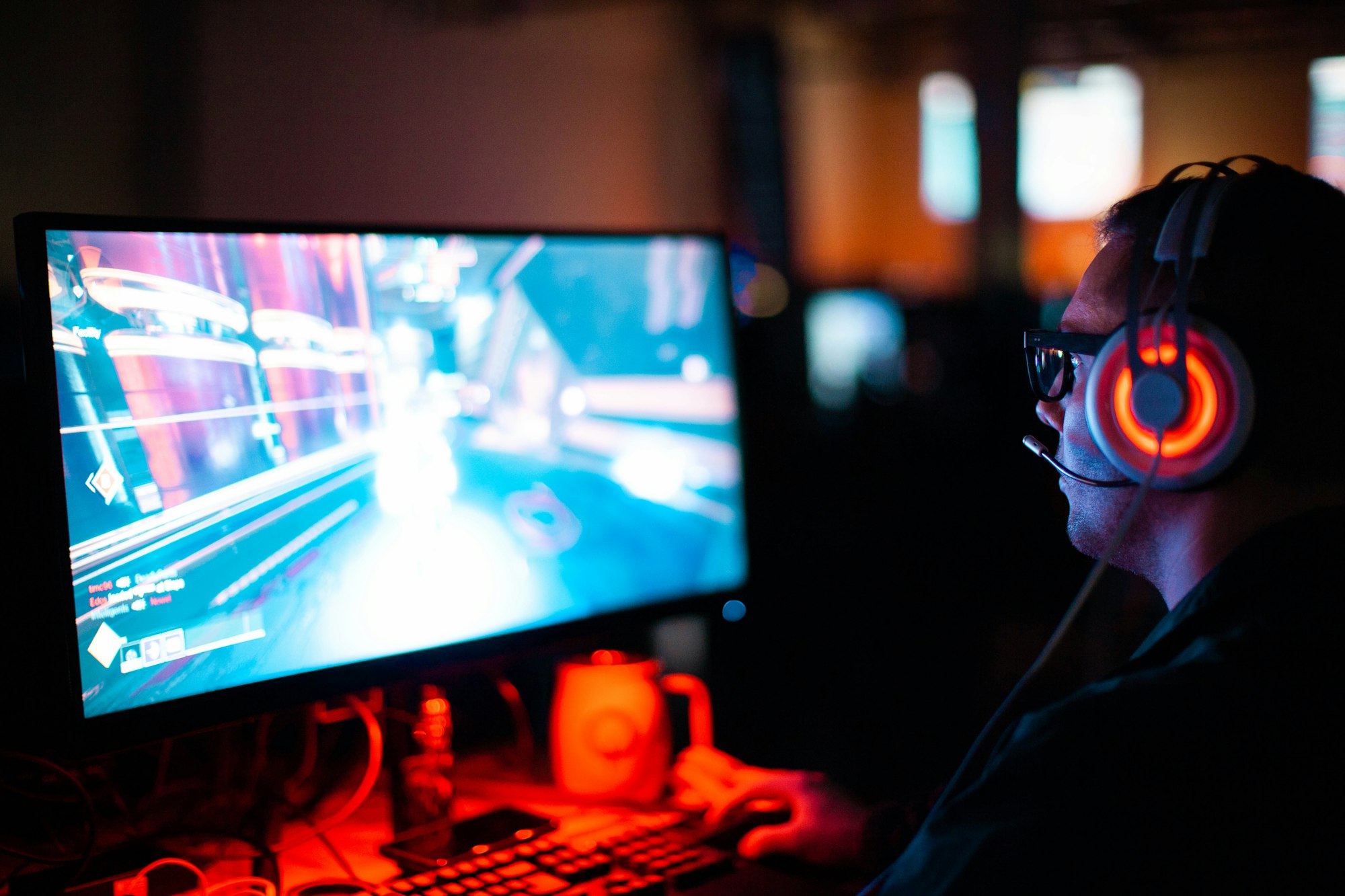
Welcome back to SUPERJUMP's guide to LAN Parties! In LAN Party 101, we covered the first steps for hosting a LAN party - the planning, and the technical setup of hardware and software. Now that everyone is connected to the local network and the lights on your switch are flickering with a reassuring green, you're ready for LAN Party 102.
The Games
One of the big challenges of throwing LAN parties is selecting what games to play. In the previous part, we discussed the LAN Party Lowest Common Denominator, which I'll reiterate here for ease:
The selection of games at a LAN party is determined by the performance of the least powerful device.
From this point on, keep that consideration at the front of your mind - will everyone be able to play this game at an acceptable level of performance?
Broadly speaking, there are two main approaches to game selection at LAN parties - you either play a mix of games, or you dedicate the time to a single game or two. The latter example is probably something that would have been decided quite early on. My most recent LAN party was a Diablo II Resurrected LAN, and we had decided from the moment preparations had begun that Diablo II was the game we would be playing.
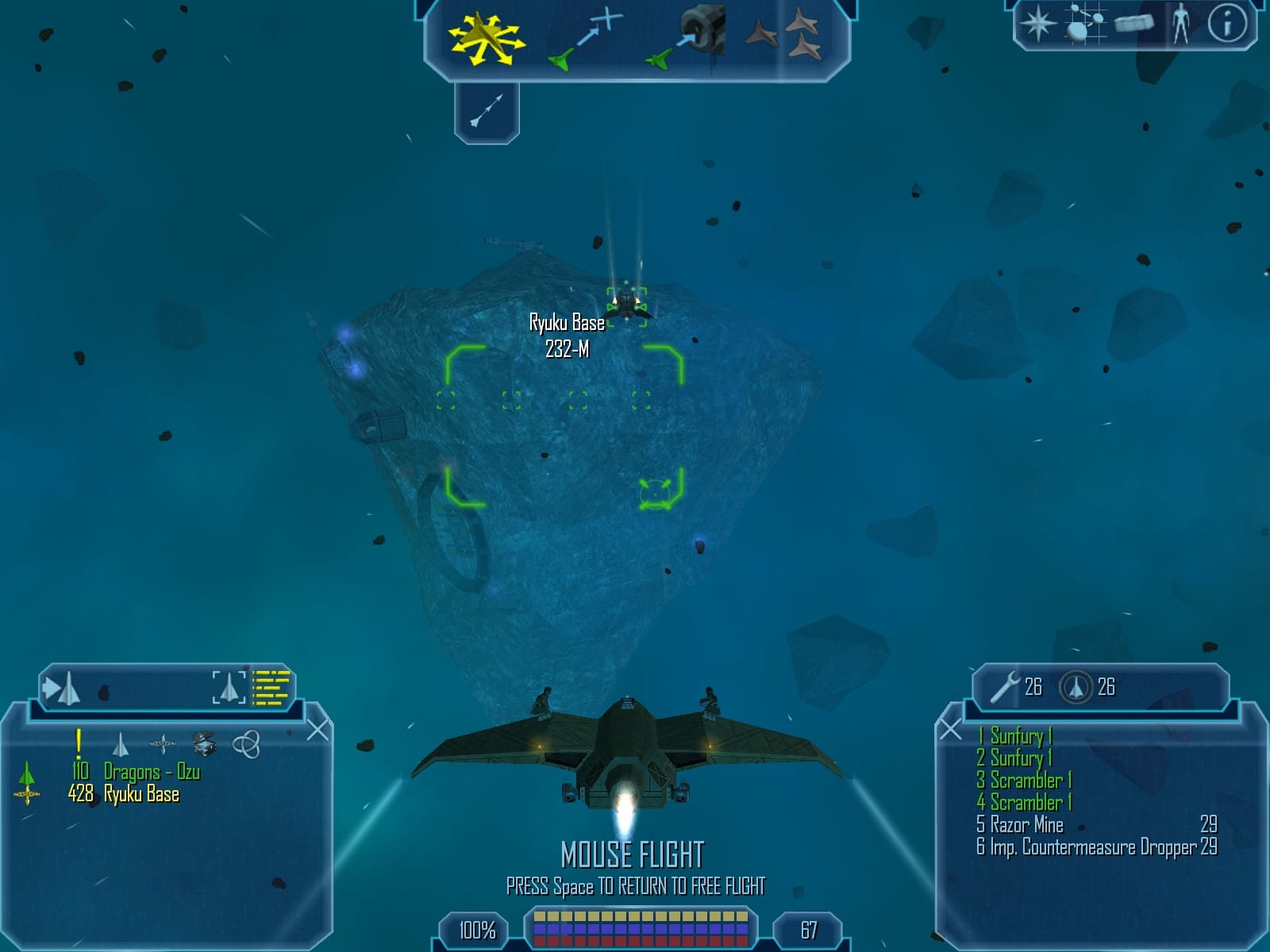
The former case is the one that's likely to get you into trouble. Chances are that your group has decided to have a LAN party because they're fun in their own right, regardless of the game(s) being played. You might discuss briefly the sorts of games you want to play, but no one really commits to anything. When the LAN party finally arrives, there is a heated discussion over what everyone is going to play. One game gets more play time than others, and some of the guests start to get annoyed that they're not playing what they hoped to. There are possibly a few moments when nobody can decide on a game, and when you finally do decide, not everyone has the game installed, and time is wasted on downloads or file transfers.
It's something I've experienced to varying degrees a number of times, and it's always frustrating. To some extent, it's just the nature of group decision-making; no group of people will easily come to a consensus in a hurry. The more players you have, the more likely it is you'll get bogged down deciding on games. If your LAN party is big enough to split the group, then the issue can be partly averted - those who want to play a multiplayer FPS can do so while the rest play an RTS. But if the numbers are uneven, or if you don't have enough people to split the party up between games, it's an easy way to waste precious LAN gaming time.
The Game Plan
A good method I've discovered to avoid these sorts of stalemates is perhaps the most obvious method of all - planning. Don't mistake plans for scheduling - a schedule is prescriptive, but plans are aspirational. As Eisenhower once said:
Plans are nothing; planning is everything.
Having a game plan is an essential fall-back for the former example of the LAN party described above, but it's also handy for the latter example, where you've planned to play a single game - after all, what if someone can't get the game running? Having a plan in advance gives you something to fall back on.
To provide a personal anecdote, in 2019 I took part in a LAN party that was all about "classic" LAN games. We had a broad idea of what we would play throughout the day, starting with a few hours of Age of Empires 2, followed by some Left 4 Dead, Warhammer 40K: Dawn of War, and Unreal Tournament (1999). On the day, things started off well - a few hiccups with Age of Empires 2 were mostly resolved within an hour or so. Left 4 Dead presented some challenges in that we had too many players for the game, so a few continued with Age of Empires 2.
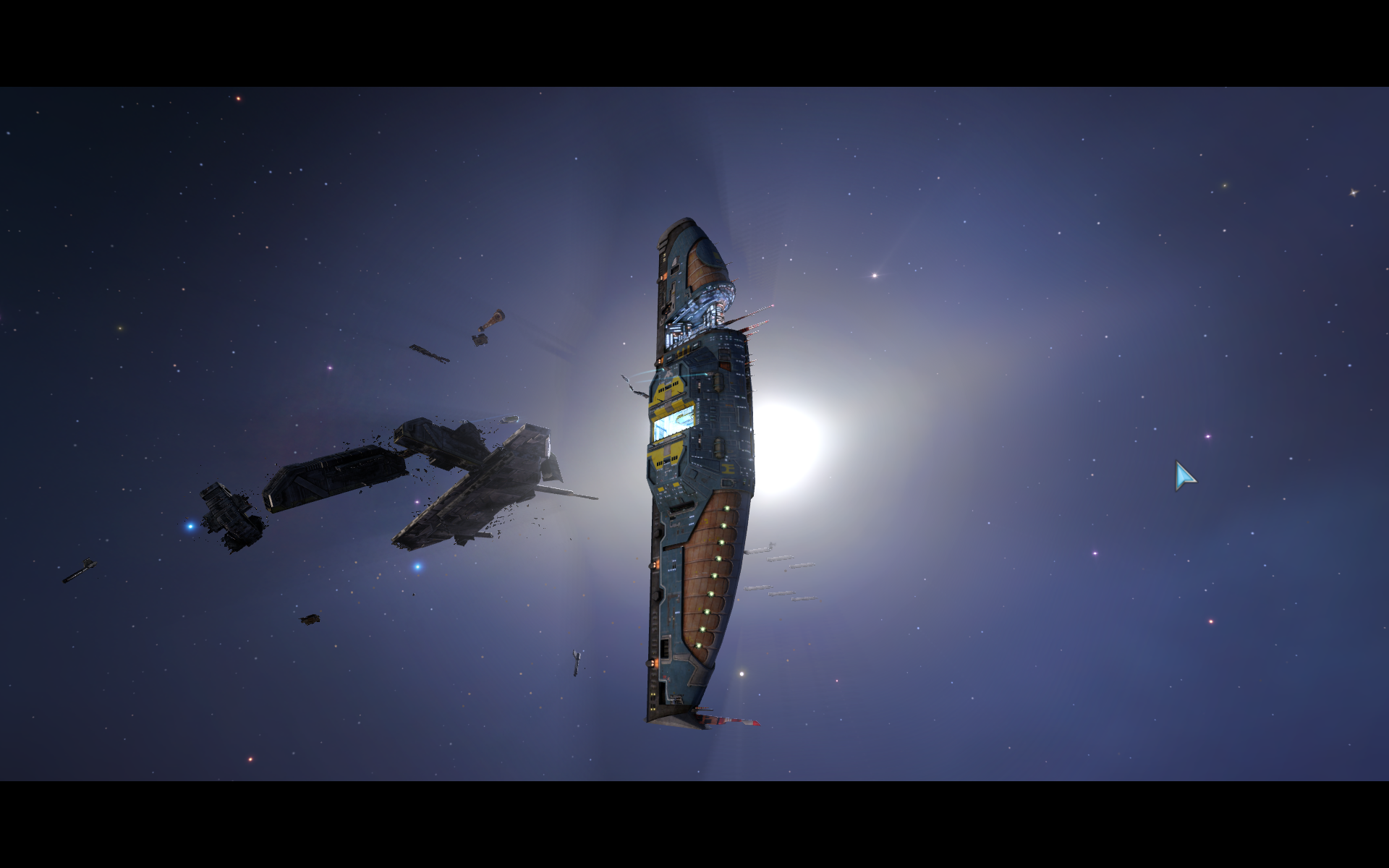
We'd initially set aside some time to play Quake and Starsiege: Tribes, but the group was having so much fun with Age of Empires 2 that we set those games aside for next time. Later, when it came time to play Unreal Tournament, a network configuration caused a few issues that prevented everyone from being able to see the game on the LAN. This could have been resolved after some tweaking of settings on PCs, but we had a game plan in place already - if there were issues with Unreal Tournament, we'd just play Unreal Tournament 2004 instead. Rather than wasting an hour fixing a network issue, we were up and running in five minutes.
Most importantly, having a plan in place meant that everyone in attendance at the LAN party already had the planned games installed and ready to go. We hadn't stuck to our original plan - plans mean nothing - but the fact that we'd made a plan in the first place meant we were prepared to improvise - planning is everything.
Considering Tastes
It was touched on in LAN Party 101, but one of the big considerations you'll have to make for a LAN party, particularly the kind with a mixed playlist of games, is that you're considering everyone's taste in games.
I suck at real-time strategy games. I always have - I've enjoyed some of them over the years, but when it comes to competitive play, I'd say that most RTS players will wipe the floor with me. On the other hand, I lived and breathed multiplayer FPS games in my youth - Jedi Knight, Unreal Tournament, Quake, and Counter-Strike. So, I'm likely to present a significant threat to gamers who have grown up playing RTS games exclusively.
Once again, planning and communication is the secret ingredient for overcoming issues around game and genre selection. In the lead-up to a LAN party, make sure everyone knows what sorts of games will be played, and for approximately how long. When the day of the LAN party arrives, you'll also need to consider team balancing. This takes a degree of humility - try to partner the weaker players with the more experienced ones to balance out the skill levels. If you're not particularly good at a certain style of game, be humble and defer to the more experienced player on your team.
Having teams of players with mixed abilities can lead to some unexpected fun. During a game of Age of Empires 2 at my 2019 LAN party, I was being thoroughly annihilated by the AI that we had set on the hardest difficulty. One of the players on my team, however, was nothing short of a god-like Age of Empires player. Before long, the gameplay dynamic had adjusted - I completely abandoned fielding an army and fully committed to resource gathering. Every resource that I gathered either went to expanding my resource-gathering industry, or it was donated to my teammate. My teammate's resources were being supplemented by donations from me, and he was able to focus on building and maintaining an endless supply of troops to fend off the AI, as well as building multi-layered defences to protect both of our bases.
In the reverse example, our last Europa Universalis IV party included a player who had never played the game before. Players familiar with EU4 know how complex the game can be, but luckily this new player was supported by three of us who were all veterans with several hundreds of hours in the game each. So, we formulated a plan - our novice EU4 player would play as the Holy Roman Emperor of Austria, and we three veterans would support him as electors in the Holy Roman Empire - Brandenburg in the north, Cologne in the west and Milan to the south. This allowed the new player to dive into the mechanics of EU4 head-first, supported by his Holy Roman Empire electors, who were able to fend off internal and external threats to his reign. It was a chaotic and unpredictable game that couldn't have been experienced without a new player, as his novice decisions could have unanticipated consequences that created unique challenges for us while we supported him.
If you approach a LAN party with an open mind, you can create unexpected and magical gaming experiences. These are the sorts of experiences that are entirely unique to LAN parties. Online play has a low barrier of entry, so it's relatively easy to walk away from a gaming experience that doesn't immediately fit your expectations. But with a LAN party, the level of commitment requires an open mind, opening you to experiences you mightn't have otherwise bothered with.
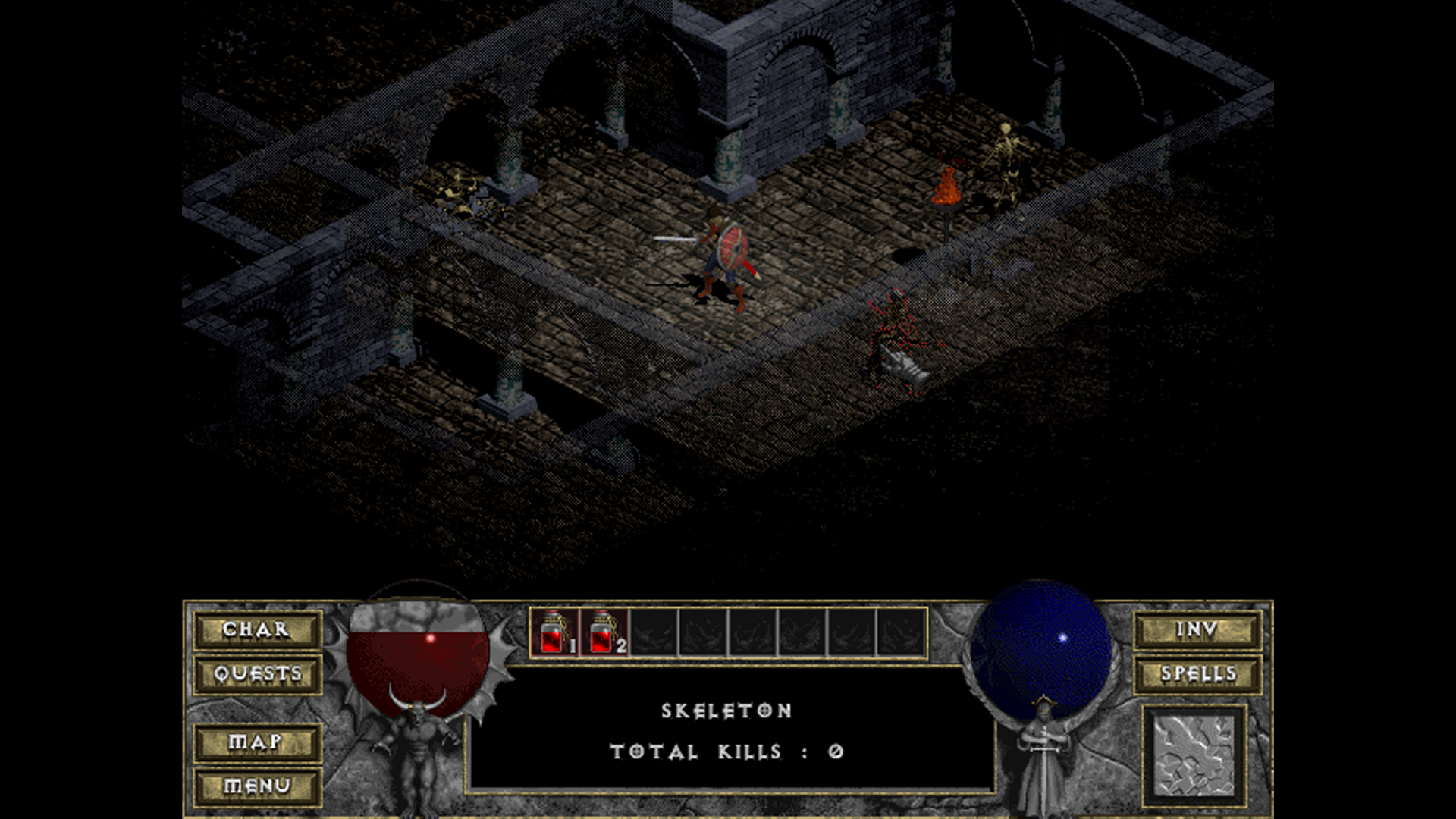
Game Ownership, Sharing and DRM
One of the limitations on what you can play is determined by what games everyone has. This is one of the many reasons that you want to discuss the playlist as early as possible - to give everyone the chance to buy the games to be played. It's also the reason why LAN parties are best when you're not playing new-release games, as this gives everyone a chance to pick up older games on sale or at cheaper prices.
But what if not everyone wants to, or can afford, to purchase new games? Convincing others to buy games that they might not want to purchase otherwise is often a challenge, and that's why LAN parties were traditionally a hub of game piracy (and piracy of other things too, like movies and music).
There was once a practice amongst game developers to allow a "spawn installation". StarCraft and Age of Empires both offered the option. Spawn installations would allow you to play the game without the CD, but only for multiplayer. However as the industry clued on to the fact that many games were played almost exclusively in multiplayer, the practice began to fall out of favour.
Unless you're planning on playing free-to-play games, there's not a lot you can do to (legitimately) get around the requirement to purchase the games you want to play. Thankfully, many of the very best LAN party games are older games, and these tend to be cheap. In reality, you're likely to encounter a mix of the above. I'll always encourage my fellow LAN gamers to purchase the games being played, but if they're on the fence, that's when GOG.com comes in handy.
GOG, owned by CD Projekt, has a no-DRM policy. They also have a collection of some of the best LAN party games you can get your hands on. If anyone doesn't have or want to buy a game when they're only going to be playing it for a single LAN party, I'll usually share the GOG installer for the game with them - privately, of course. My request to fellow gamers when I do this is standard, however. After the LAN party, please delete the installer and if you want to play in your own time, pick it up on GOG. It's not strictly in accordance with the rules, but I find it a somewhat more ethical grey zone approach.
GOG's policy of no DRM has other advantages too - when you buy a game from GOG, you know that there won't be any requirement for online authentication or always-online features. This is important if your LAN is isolated from internet access, as some LANs can be.

Finally, the removal of DRM offers a degree of protection from the fickle games industry. In December 2022, Epic Games removed the classic Unreal and Unreal Tournament series from sale on all platforms. Unless you already own the game, there is no way to purchase it any longer, and the series is officially abandonware. Unreal Tournament is one of the greatest LAN party games you can get your hands on, and thanks to GOG's no-DRM policy, the game lives on at all my LAN parties.
The Menu
No LAN party is complete without the appropriate smörgåsbord, and LAN parties are synonymous with Doritos, pizza, and obscene quantities of Mountain Dew. While the classic cuisine is undoubtedly popular - fast food accompanied by soda and chips - there's no reason you can't turn your LAN party into a culinary spectacle too. Ask everyone to bring a dish of finger food, and don't be afraid to break LAN party stereotypes with a cheese platter, mushroom arancini, or bruschetta with black olive tapenade.
The food and drink you prepare for a LAN party is largely dependent on how long you'll be hosting the event. Shorter LAN parties might be satisfied with a few bowls of corn chips, some sweets, and a few bottles of Coca-Cola. Longer sessions might need to consider lunch, dinner, or even breakfast.
Ensure that you consider how easy something is to eat, and how much mess it will make. Buffalo wings are a great snack, but if you have to wipe yourself down with a paper towel after each one, they're not really something you can snack on in the middle of a Quake deathmatch. On the other hand, this sort of food can offer a great opportunity to get people away from their computers for a bit.
Away from the computers? At a LAN party?
Some of the best moments at LAN parties aren't necessarily about the games - it's the social interaction. Taking a break for pizza after a marathon session of Age of Empires is an excellent chance to engage in a bit of banter, discuss team strategies, or just catch up with friends. These are the experiences that online gaming can't replicate, and the memories that should be cherished.

A Word on Alcohol, Tobacco, and Other Drugs
For me, there's nothing better than sitting down to a video game with a couple of beers or glasses of wine, especially if it's with a few friends at a LAN party. It's the ultimate wind-down on a Friday night after a long week at work. I'm also a former smoker, and while I'm glad to have quit almost ten years ago, I still fondly recall taking smoke breaks between rounds of Counter-Strike to engage in a bit of friendly banter with friends. Depending on the laws and customs where you live, other substances like marijuana might also be accepted or even common.
It's important to acknowledge that not everyone has the same relationship with substances. Some people are vehemently opposed to them, while others love to over-indulge. When you host a LAN party, always consider this - these substances can occasionally be quite polarising, and can affect a person's behaviour. In most cases involving responsible adults, you won't have a problem. Just ensure that everyone is comfortable with the substances being consumed at your LAN party. The last thing you want is a fun weekend being derailed by an argument over the smell of smoke, or damage to someone's property due to excessive consumption.
Social Interaction
Social interaction is the LAN party X-factor, the most important element that makes them uniquely special. However, poor social interaction is one of the things that can most rapidly derail a good LAN party experience. Arguments over the outcomes of games or what to play next, inconsiderate behaviour, or incompatible personalities can really put a downer on an otherwise fun weekend.
Most LAN parties I've attended haven't experienced this issue, as they've been with my closest friends. The likelihood of conflict increases with the number of attendees though - a simple outcome of increasing variables.
Every group will have different approaches, but one piece of advice I can offer that I think is universal is this: establish ground rules early on. If you're worried about noise due to your neighbours, tell everyone at the start of the LAN party (or earlier); don't wait until the noise levels have become a problem. If someone is using language that you don't like, take them aside and politely ask them to tone it down - people will generally be more receptive to your requests if you approach them with respect and a calm demeanour.
In the downtime between games, try to avoid the classic contentious topics of conversation - politics and religion. And if a game you're playing is getting heated and becoming a source of frustration and anger, try to change to something else for a little while. Competitive games like arena shooters can easily stoke the fires of emotional outburst. If you observe this occurring, a fantastic remedy is a cooperative game. Co-op games can quickly blunt competitive tension and re-establish positive camaraderie.
Distractions
Sometimes people at a LAN party need to take a break from gaming for a bit, whether that's due to unbalanced teams or because they just want to get up and stretch for a bit. However, just because a person isn't at their computer, doesn't mean they shouldn't feel included, and that's why it's handy to have a few distractions on hand.
A popular distraction is another gaming device, such as an old Xbox or Nintendo hooked up to a TV nearby. People can wind down with some Mario Kart or Halo between LAN games. Another non-electronic distraction might be a dart board outside, a game of cornhole, table tennis, or just a few stacks of old gaming magazines.
Wrap-up
Let's be honest - nobody likes packing up and cleaning up, especially if you've spent a weekend having fun. The end of a LAN party is infused with a unique sense of melancholy, as the realisation hits you that you need to return to the real world without endless computer games, pizza, and laughter; the effect amplified by the psychological depression of a weekend without sleep.
As they say, many hands make light work, so the best thing you can do at the end of a LAN party is to offer what help you can - whether that's cleaning dishes, untangling network cables, or carrying computer cases to cars. Just remember how fun the weekend was, and it is in everyone's interest to make the post-LAN party experience as painless as possible to ensure it happens again.
And it should happen again because LAN parties are without a doubt one of the best possible gaming experiences you can have. There is nothing more special than sharing a beloved hobby with like-minded friends, and once you've experienced it, you are forever infected with the LAN party bug. In an era when perpetual connectedness has left us more disconnected than ever, there's no better way to re-establish a personal connection than with a Local Area Network.